DC FFU,Fan Filter Unit,22.6' x 22.6',Air volume:500m³/h
Reference Price:US$from $200






Cleanroom
DC FFU,Fan Filter Unit,22.6' x 22.6',Air volume:500m³/h
Choose your installation & validation options below
Quantity:
Choose your Cleanroom frame structure material
Quantity:
Choose your Cleanroom Wall enclosure materials
Quantity:
Choose your Temperature requirements
Quantity:
Choose your humidity requirements
Quantity:
Choose your Explosion-proof requirements
Quantity:
Summary
DC FFU,Fan Filter Unit,22.6' x 22.6',Air volume:500m³/h
Validation
Installation & Validation
Features
The DC Fan Filter Unit (FFU) is a highly efficient air filtration solution designed for cleanroom applications. Measuring 46.3" x 46.3", it provides a robust air volume of 2000 m³/h, ensuring effective removal of airborne particles and contaminants. Featuring a DC motor,

Cleanroom FFU Product Details:

01LOW NOISE
Silent design, suitable for quiet environment.

02Air filter
High efficiency HEPA/ULPA filter
Stable airflow distribution

03Installation and Maintenance
Easy to install and maintain
Compact design for flexible integration

04Compliance with international standards
Compliant with ISO cleanroom standards
Advanced fan technology for improved air circulation
Work Principle
Structural components: fan, filter, housing
Air flow: The fan draws in ambient air, which passes through the filter.
Filtration process: the filter removes particles (e.g. dust, microorganisms) from the air.
Clean air release: Filtered clean air is released from the top or bottom.

Models
| Product Name | DC FFU | |||
| Product Model | DC-FFU-A01 | DC-FFU-A02 | DC-FFU-A03 | DC-FFU-A04 |
| Dimension(mm) | 575x575x220 | 575x1175x220 | 875x1175x275 | 1175x1175x295 |
| Filter Dimension(mm) | 570x570x69 | 570x1170x69 | 870x1170x69 | 1170x1170x69 |
| Air Volume | 500m³/h | 1000m³/h | 1500m³/h | 2000m³/h |
| Noise | 52~55dB(A) | 52~55dB(A) | 52~55dB(A) | 52~55dB(A) |
| Air Pressure | 200PA | 200PA | 260PA | 290PA |
| Power | 170W | 170W | 200W | 240W |
| Weight | 28Kg | 35Kg | 47Kg | 55Kg |
| Material | Galvanized/powder coated/SUS 304 plate | |||
| Supply Power | AC 1N 110, 220V/50,60Hz | |||
| Control System | 3 stage regulation, group reguation | |||
| Filter Efficiency | 99.95%MPPS above H13-U16@EN1822 | |||
| Pre Filter | G3/G4 Filter, nylon filter | |||
| Work Status | power Indicator, work indicator, Error indicator | |||
| Connection Type | 3 Pin Aviation Male Female socket, terminat blocks | |||
| Overload Protection | Overload protect of motor and controller | |||
| Monitor Contact Communication Method | port of reserve and Erro | |||
| Product Name | DC FFU | |||
| Product Model | DC-FFU-A01 | DC-FFU-A02 | DC-FFU-A03 | DC-FFU-A04 |
| Dimension(mm) | 575x575x220 | 575x1175x220 | 875x1175x275 | 1175x1175x295 |
| Filter Dimension(mm) | 570x570x69 | 570x1170x69 | 870x1170x69 | 1170x1170x69 |
| Air Volume | 500m³/h | 1000m³/h | 1500m³/h | 2000m³/h |
| Noise | 52~55dB(A) | 52~55dB(A) | 52~55dB(A) | 52~55dB(A) |
| Air Pressure | 200PA | 200PA | 260PA | 290PA |
| Power | 170W | 170W | 200W | 240W |
| Weight | 28Kg | 35Kg | 47Kg | 55Kg |
| Material | Galvanized/powder coated/SUS 304 plate | |||
| Supply Power | AC 1N 110, 220V/50,60Hz | |||
| Control System | 3 stage regulation, group reguation | |||
| Filter Efficiency | 99.95%MPPS above H13-U16@EN1822 | |||
| Pre Filter | G3/G4 Filter, nylon filter | |||
| Work Status | power Indicator, work indicator, Error indicator | |||
| Connection Type | 3 Pin Aviation Male Female socket, terminat blocks | |||
| Overload Protection | Overload protect of motor and controller | |||
| Monitor Contact Communication Method | port of reserve and Erro | |||
Accessories
HEPA Filter
ULPA Filter
Adjustable speed fan
Fixed speed fan
Manual control panel
Digital remote control system
Monitoring sensors (pressure)
FAQ
1. What are the specifications of a typical DC Fan Filter Unit?
A typical DC Fan Filter Unit (FFU) is designed to provide clean air in controlled environments. Common specifications include:
Airflow Rate: Usually between 100 to 500 CFM (Cubic Feet per Minute)
Filtration Efficiency: HEPA or ULPA filters with 99.99% efficiency at 0.3 microns
Power Consumption: Ranges from 50 to 200 watts depending on the unit size
Other features may include variable speed control, noise levels ranging from 40 to 60 dBA, and dimensions that vary to fit specific installations.
2. How to calculate energy consumption of a DC FFU?
To calculate the energy consumption of a DC Fan Filter Unit, you need to know the power rating of the unit and the time it operates. The formula is simple:
Energy Consumption (kWh) = Power (kW) × Time (hours)
For example, if a unit has a power consumption of 0.1 kW and runs for 10 hours, the energy consumption would be:
0.1 kW × 10 hours = 1 kWh.
3. What is the noise level of a DC Fan Filter Unit?
The noise level of a DC Fan Filter Unit can vary significantly based on its design and operational speed. Generally, most units operate within a noise range of 40 to 60 dBA. Factors influencing noise levels include:
Fan speed settings
Type of motor used
Environmental acoustic properties
Lower noise levels are often preferred in environments where minimal disruption is essential, such as laboratories or clean rooms.
4. What is the average lifespan of a DC Fan Filter Unit?
The average lifespan of a DC Fan Filter Unit typically ranges from 5 to 10 years, depending on usage and maintenance practices. Factors that can impact lifespan include the operating environment, frequency of filter changes, and overall unit care. Regular maintenance can extend the lifespan significantly.
5. How to prevent filter clogging in DC Fan Filter Units?
To prevent filter clogging in DC Fan Filter Units, consider the following strategies:
Regularly inspect and replace filters as needed
Ensure proper airflow and avoid obstructions around the unit
Utilize pre-filters to capture larger particles before they reach the main filter
Implementing these practices can enhance filter efficiency and prolong the operational life of the unit.
6. What is a DC Fan Filter Unit?
A DC Fan Filter Unit (FFU) is an air filtration system that uses direct current fans to circulate and filter air in controlled environments. These units are commonly used in clean rooms, laboratories, and manufacturing facilities to maintain air quality by removing airborne particulates and contaminants. The filtration system typically includes HEPA or ULPA filters that provide high levels of filtration efficiency.
7. What is the difference between HEPA and ULPA filters in DC FFUs?
HEPA (High Efficiency Particulate Air) filters and ULPA (Ultra Low Penetration Air) filters are both designed to capture airborne particles, but they differ in their efficiency ratings. HEPA filters can trap at least 99.97% of particles that are 0.3 microns in size, while ULPA filters can capture 99.999% of particles down to 0.12 microns. This makes ULPA filters suitable for more sensitive applications, such as pharmaceutical manufacturing, where even smaller particles need to be filtered out.
8. What are the best practices for operating DC FFUs?
To ensure optimal performance of DC Fan Filter Units, follow these best practices:
Regularly monitor filter condition and replace as needed
Maintain proper airflow around the unit
Conduct routine maintenance checks on electrical components
By adhering to these guidelines, facilities can ensure the longevity and efficiency of their DC FFUs.
9. Can DC FFUs be used in food processing areas?
Yes, DC Fan Filter Units can be effectively used in food processing areas, provided they meet the necessary sanitary and safety standards. These units help maintain air quality and reduce the risk of contamination, which is critical in food production environments. It's important to select units that are specifically designed for food safety and hygiene compliance### 10. What materials are used in the construction of DC FFUs?
DC Fan Filter Units are typically constructed from a variety of materials to ensure durability, efficiency, and cleanliness. Common materials include:
Steel or aluminum for the housing, providing strength and resistance to corrosion
High-efficiency filter media, often made of fiberglass or synthetic fibers
Sealing materials that ensure airtight connections and prevent leaks
These materials contribute to the overall performance and longevity of the unit, making them suitable for controlled environments.
11. Can DC FFUs be remotely monitored?
Yes, many modern DC Fan Filter Units can be equipped with remote monitoring capabilities. This feature allows operators to track performance metrics such as airflow rates, filter status, and energy consumption from a centralized location. Remote monitoring enhances maintenance efficiency and ensures that any issues can be addressed promptly, minimizing downtime and maintaining air quality standards.
12. What factors influence the performance of a DC Fan Filter Unit?
The performance of a DC Fan Filter Unit is influenced by several key factors, including:
Filter type and efficiency, which determines how well particles are removed from the air
Fan speed settings, affecting airflow and overall air exchange rates
Environmental conditions, such as temperature and humidity, which can impact filter life and fan operation
Understanding these factors can help optimize the unit's performance for specific applications.
13. What are the safety features of DC Fan Filter Units?
DC Fan Filter Units are often equipped with several safety features to ensure safe operation and protect users. Common safety features include:
Overcurrent protection to prevent electrical overload
Filter change indicators that alert users when maintenance is needed
Emergency shut-off switches to quickly disable the unit in case of a malfunction
These features enhance operational safety and reliability in sensitive environments.
14. What is the best way to seal a DC FFU installation?
The best way to seal a DC Fan Filter Unit installation is to ensure that all joints and connections are airtight. This can be achieved by using high-quality sealing materials, such as silicone or foam gaskets, which can effectively close gaps between the unit and the mounting surface. Additionally, regular inspections should be conducted to check for wear or degradation of seals over time, ensuring that the installation remains leak-free and efficient.
15. What is the maintenance cost for DC Fan Filter Units?
The maintenance cost for DC Fan Filter Units can vary significantly based on factors such as usage frequency, filter replacement schedules, and any required service checks. On average, facilities may expect to spend between \$100 to \$1,000 annually on maintenance, which includes:
Filter replacements
Routine inspections
Cleaning and servicing of fans and motors
Investing in regular maintenance not only ensures optimal performance but can also help avoid costly repairs in the long run.
16. What are the common applications for DC FFUs?
DC Fan Filter Units are commonly used in various applications that require controlled air quality. Typical applications include:
Clean rooms in semiconductor manufacturing
Pharmaceutical production environments
Laboratories requiring sterile conditions
These units are essential for maintaining the necessary cleanliness levels in industries where contamination can have significant consequences.
17. Can DC FFUs be connected to a building management system?
Yes, DC Fan Filter Units can often be integrated into a building management system (BMS). This integration allows for centralized control and monitoring of multiple units, enabling improved efficiency and energy management. By connecting to a BMS, operators can automate functions such as fan speed adjustments and filter monitoring, enhancing overall operational effectiveness and compliance with air quality standards.
Factory Production Workshop Video
Factory Photo
Product Packaging And International Logistics
Product International Certification

Find Other Common Equipment Recommendations
-

Modular CleanRoom
US$9000-10000 USD/Unit
Min. Order:1 Set -

Air Shower
US$1000.00-5000.00 USD/Unit
Min. Order:1 Set -

Downflow Booth
US$3000-6000 USD/Unit
Min. Order:1 Set -

Clean bench
US$600-2000 USD/Unit
Min. Order:1 Set -

Air Filter
US$3-50 USD/Unit
Min. Order:1 Set -

Cleanroom Wall Panels
US$10-20 USD/sq.
Min. Order:1 Set -
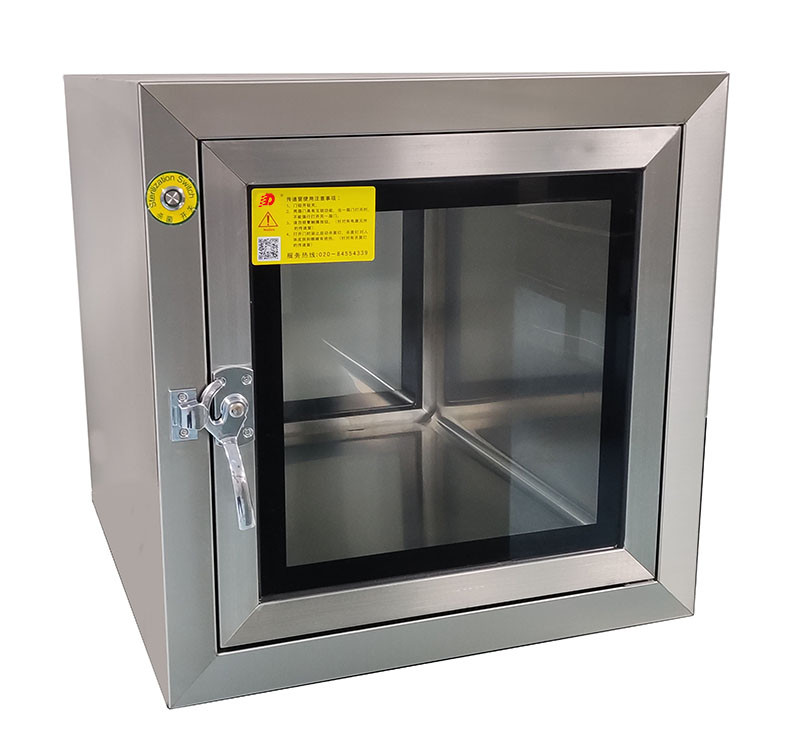
Pass Box
US$200-500 USD/Unit
Min. Order:1 Set -
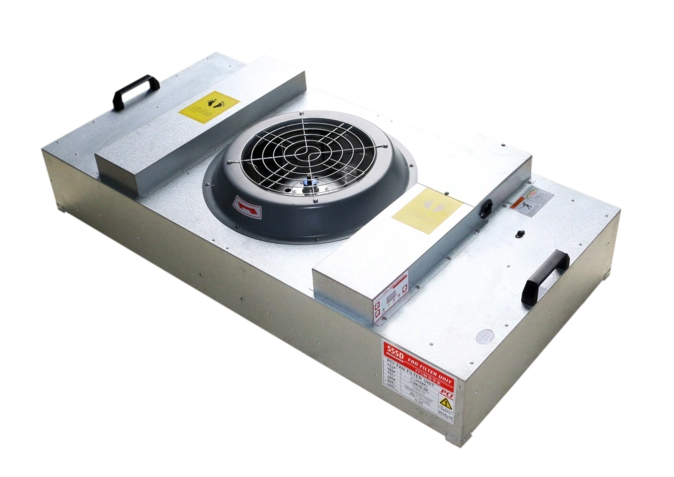
FFU
US$135-350 USD/Unit
Min. Order:1 Set -
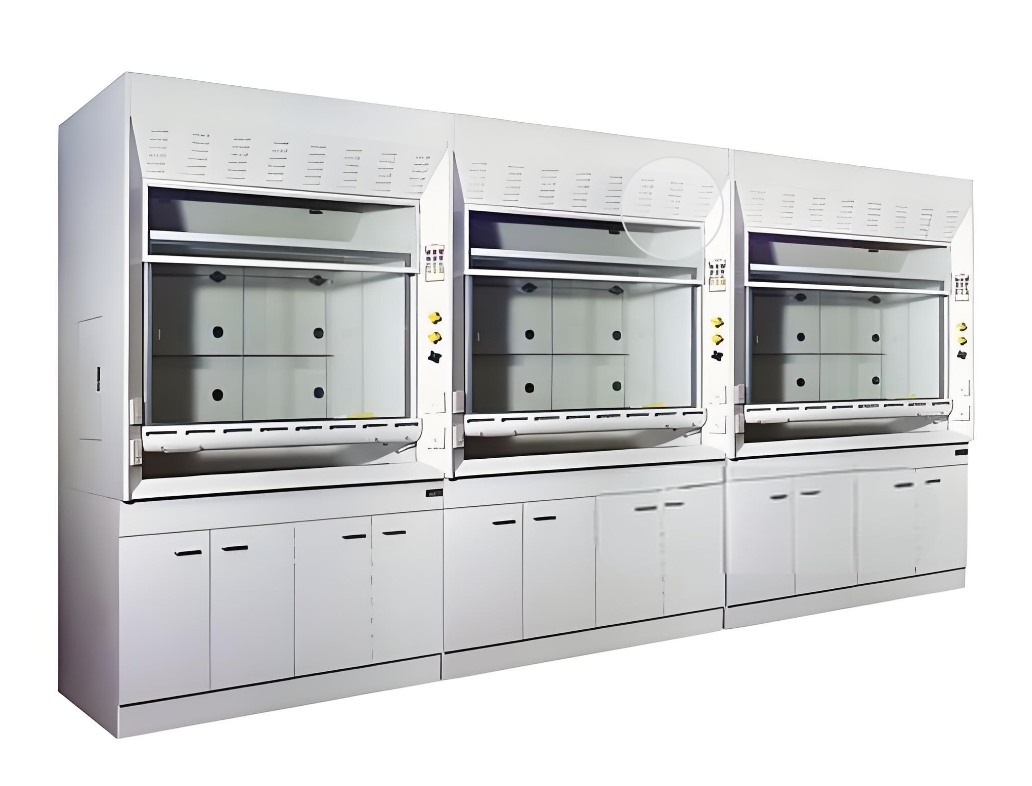
Fume Hood
US$700-1500 USD/Unit
Min. Order:1 Set -
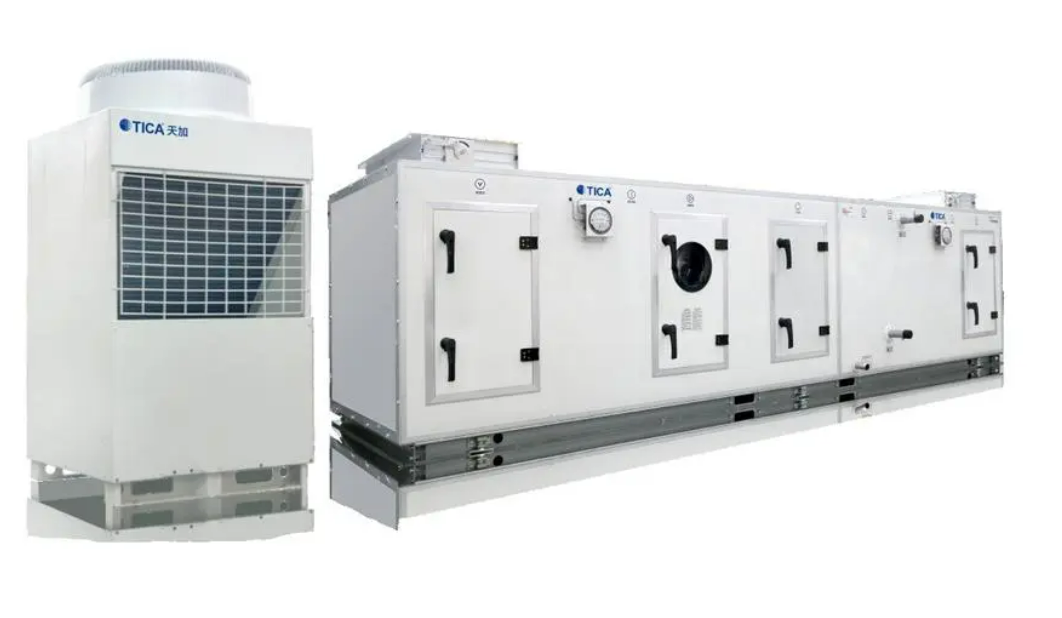
Cleanroom HVAC
US$5000-20000 USD/Unit
Min. Order:1 Set -
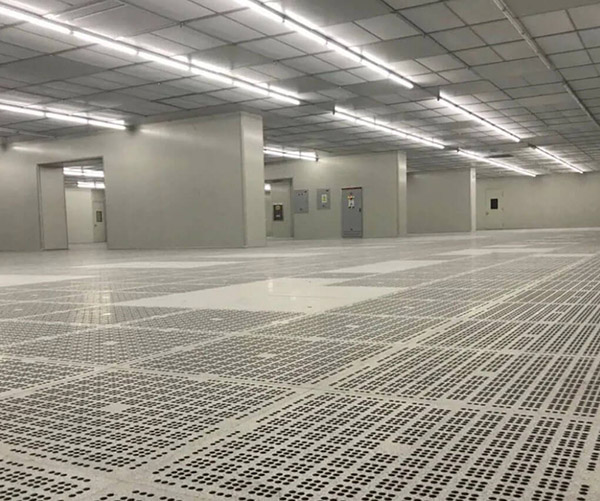
Clean room floor
US$5-20 USD/Sq.
Min. Order:1 Set -
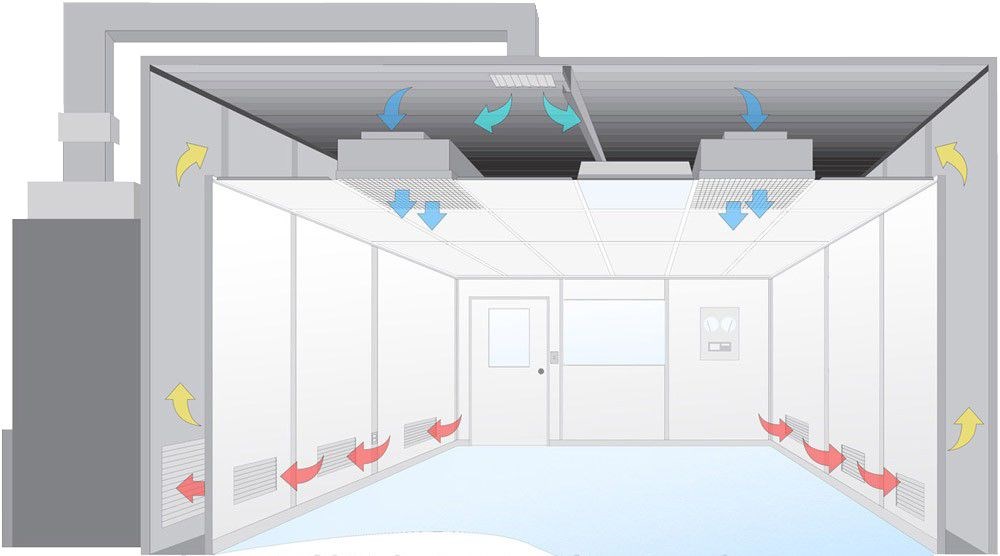
Clean room ceiling
US$
Min. Order:1 Set
 +86 18186671616
+86 18186671616 Jason@cleanroomequips.com
Jason@cleanroomequips.com
 MENU
MENU















